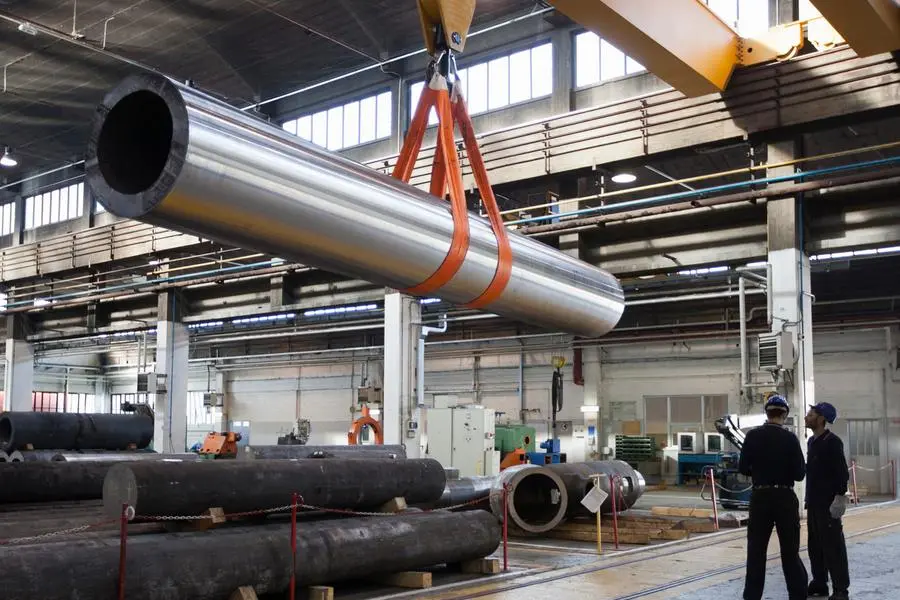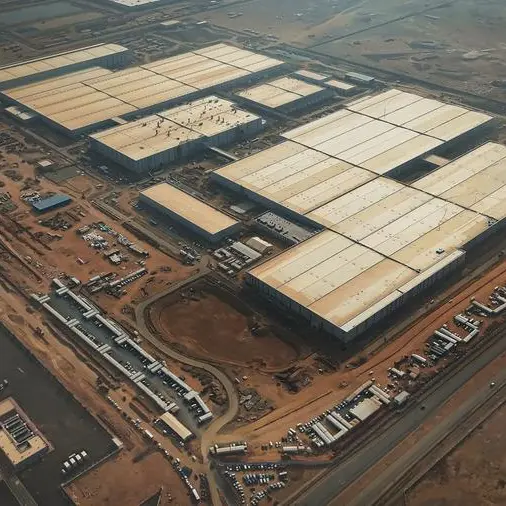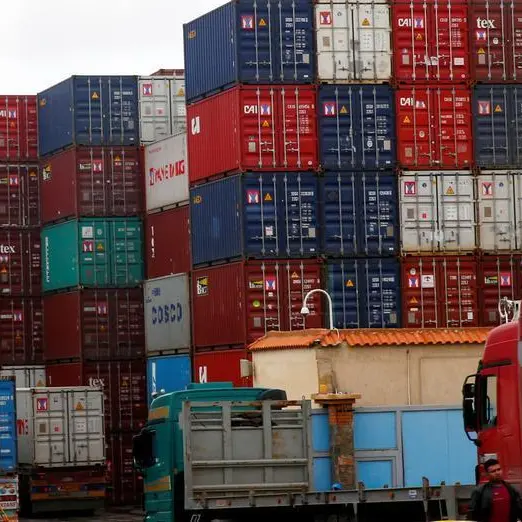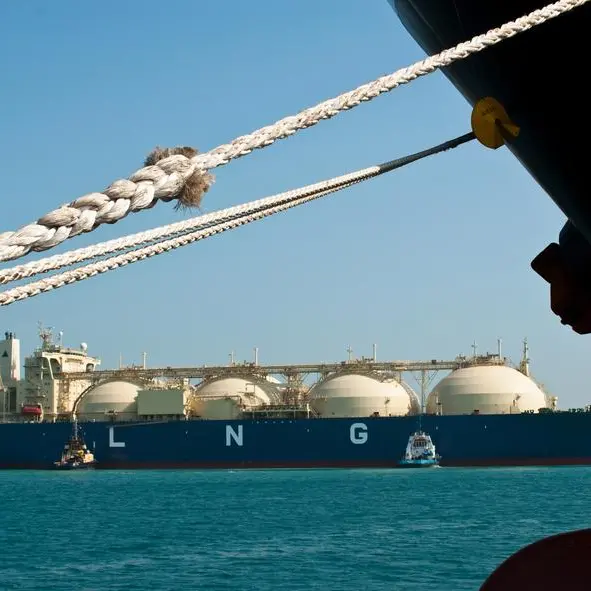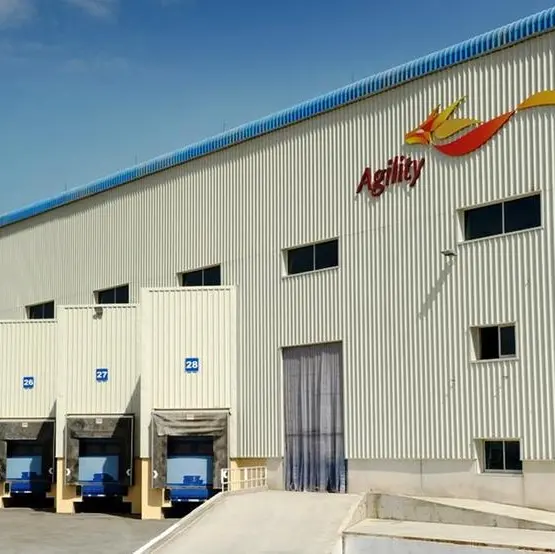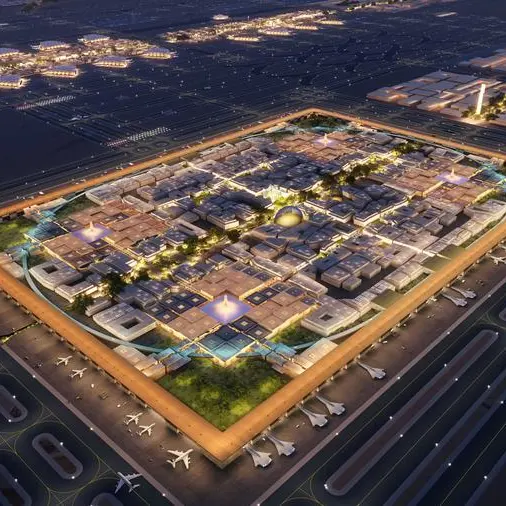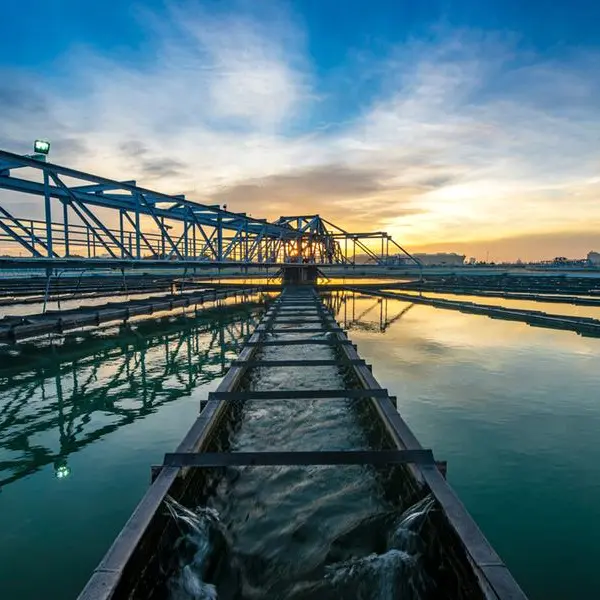PHOTO
Well-developed infrastructure and investment-friendly regulatory regimes continues to bolster the growth of Omani industries in the various special economic zones, free zones and industries cities managed by the Public Authority for Special Economic Zones and Free Zones (OPAZ). This, in turn, has spurred In-Country Value (ICV) development, exports of Omani goods to global markets, and the growth of the national economy, according to Dr Said bin Khalifa al Quraini , General Manager of Investment Development at OPAZ.
This broad strategy is in line with the Council of Ministers’ recent exhortation to the Omani industrial sector for the development of a national policy aimed at reducing imports, increasing exports and enhancing local In-Country Value (ICV).
Citing the example of the Special Economic Zone at Duqm (SEZAD) in Al Wusta Governorate, the official noted that the total volume of investments now exceed over RO 3.6 billion. Major projects include Duqm Refinery and the Crude Oil Storage Park in Ras Markaz, in addition to clusters that will host modern industries.
One such cluster of interest is related to renewable energy with a lot of international companies seeking to set up clean energy projects in SEZAD. Accordingly, an area spanning 250 square kilometres has been allocated for renewable energy projects and two projects, specialised in the production of green hydrogen, are already under preparation and construction, said Al Quraini.
Furthermore, there is interest in the development of green energy powered industry, including the green steel mill by Jindal. This plant will integrate with projects producing green hydrogen for the manufacture of green steel and aluminum for export to many countries worldwide. Other factories include Karwa Motors, Duqm Hongtong Piping Factory, food processing industries and many others, he said.
Al Quraini explained that the industries in OPAZ affiliated zones have played a pioneering role in introducing the national product into the supply chains of large and transformative industries, and working to facilitate introducing a service system to involve SMEs and logistical services that support foreign projects. The system also serves to attract the inflow of know-how, especially in the growing technological revolution, notably artificial intelligence, as well as building a skilled national workforce.
“The industrial cities and their economic growth in the governorates have contributed to empowering SMEs through the business opportunities offered by factories to these enterprises, providing job opportunities and supporting the In-Country Value”, commented Dr Said Al Quraini on the important role of industrial cities in developing the governorates and their contribution to economic growth.
For example, the integration between Sohar Freezone, Port of Sohar and Sohar Industrial City has stimulated commercial and economic growth in the wider North Al Batinah Governorate of Al Batinah North. This integrated area has so far attracted RO 11.7 billion in investments distributed across manufacturing and petrochemical industries, logistics and food services, and clean energy projects.
Al Dakhiliyah Governorate has witnessed a commercial boom in the marble industry and its byproducts, as well as and spare parts for the oilfield sector. Salalah Free Zone and Raysut Industrial City in Dhofar Governorate feature a number of pharmaceutical industries worth RO 76.5) million, he added.
2022 © All right reserved for Oman Establishment for Press, Publication and Advertising (OEPPA) Provided by SyndiGate Media Inc. (Syndigate.info).
